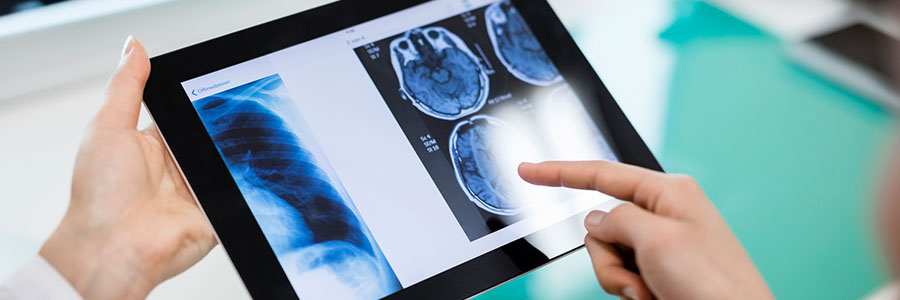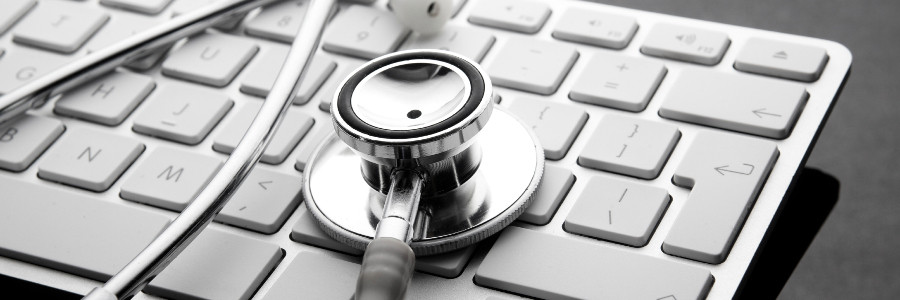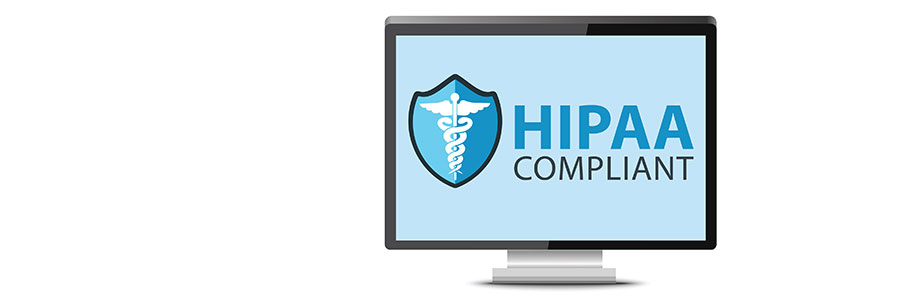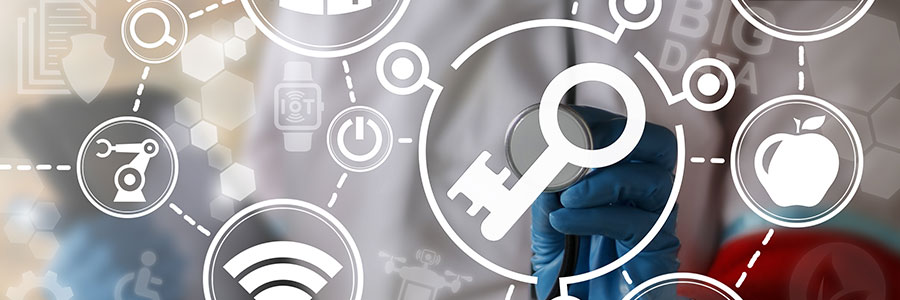One of the main goals of running a healthcare practice is delivering high-quality patient care ㅡ cloud computing can help you provide that. It is more reliable, convenient, and secure than offline solutions, and accessible on any internet-connected device.
Why cloud solutions are essential in healthcare
Why hospitals need managed IT services
Are you HIPAA-compliant? 4 Things to look into

Medical records are extremely private and their exposure could lead to negative consequences such as social stigma and job discrimination. The Health Insurance Portability and Accountability Act (HIPAA) protects this information and grants patients the right to view their own health information so that they can enjoy more control over their care.
The benefits of cloud solutions in healthcare
4 Items in Your HIPAA Compliance Checklist
Features of Mobile Device Management in Healthcare

Just like other industries, healthcare providers are using mobile devices for doing work and communicating with practitioners, staff, and patients. Wireless networks and portable devices in the healthcare setting have their benefits, and the IT staff must have controls like Mobile Device Management (MDM) software to efficiently maintain and manage the security and privacy required by federal regulations.
Mitigating healthcare insider threats
Social Media and HIPAA Compliance

Before Social Media platforms like Facebook went live, HIPAA was established to protect the privacy of medical providers and their patients. And although there are no specific rules for Social Media use, every healthcare organization must implement security protocols that adhere to privacy policies.
Mobile devices and healthcare businesses

Data security and compliance need to be high on the list of any healthcare organization's priorities. Do you have security measures in place to protect your patient data? Is your practice compliant with the HIPAA regulation? If you answered "no" to any of these questions, this article is a must-read.





